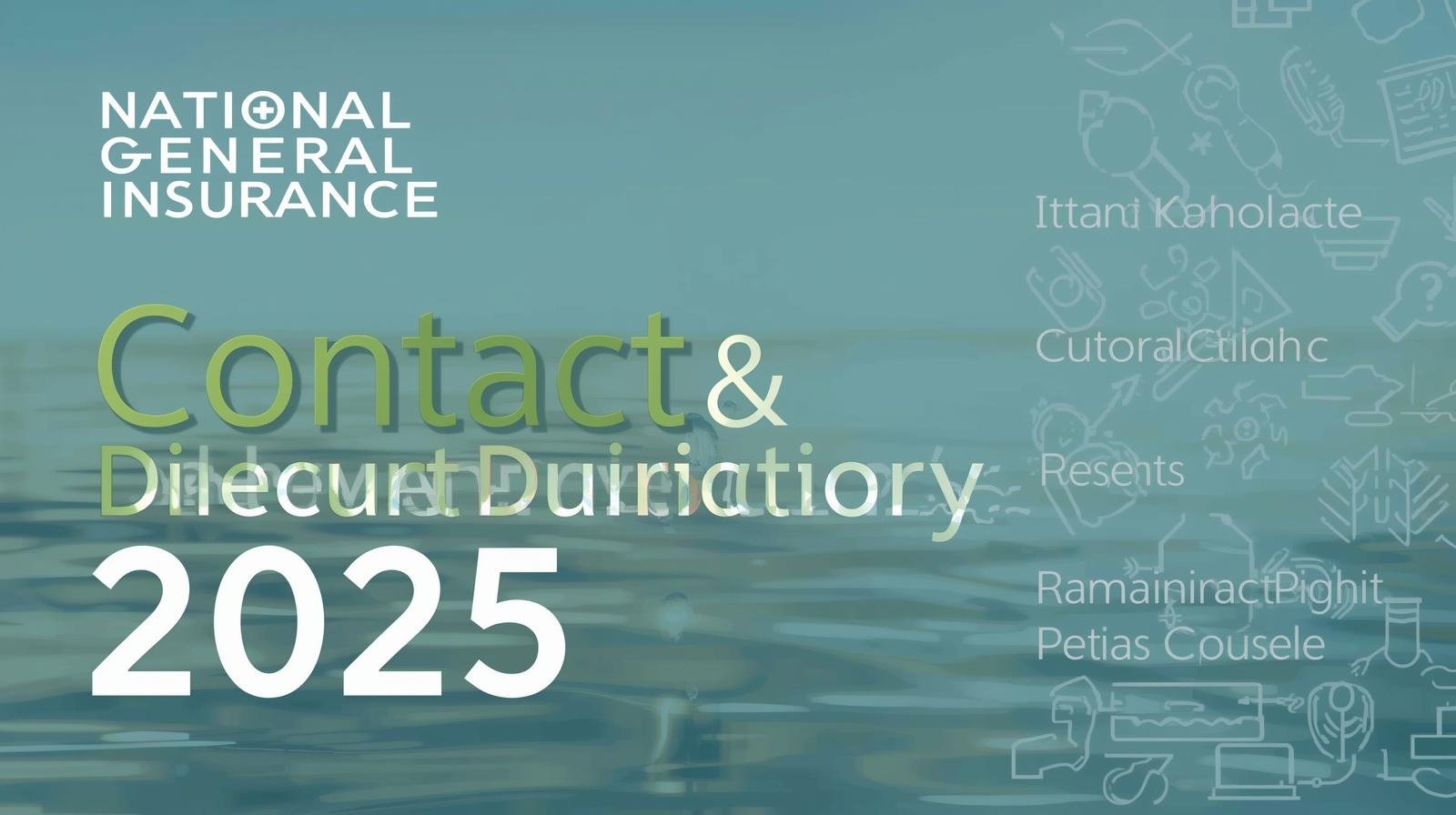
The incorporation of pornography into university-level Sexuality Studies curricula introduces a range of pedagogical and ethical challenges. Midway through a federally funded research initiative on feminist pornography and porn cultures, this paper reflects on the complexities of teaching porn in the undergraduate classroom. Rather than offering a simplified critique or defense of pornography, it explores the forms of knowledge, methodology, and embodied pedagogy that can emerge through the act of engaging with porn as a scholarly object.
Focusing on one particular undergraduate course, the paper argues that pornography—when approached as a pedagogical tool—has the potential to both provoke and reconfigure understandings of embodied learning. This reconceptualization is considered in dialogue with two contrasting contexts: the 1981 anti-porn documentary Not a Love Story: A Film about Pornography and the progressive sex education work of Tristan Taormino. These divergent sources illustrate how pornographic texts can either reinforce or challenge normative discourses around gender, sexuality, and power.
Anti-pornography films like Not a Love Story, still frequently used in classrooms as canonical feminist texts, rely on moralizing narratives and visual strategies that portray sexual desire—particularly female or queer desire—as dangerous or pathological. In contrast, Taormino’s work advocates for a nuanced, consent-driven, and body-positive framework that situates porn as a site of both pleasure and political resistance.

This paper interrogates the potential of the classroom spectator—the student or learner caught watching, interpreting, and desiring—to destabilize binary thinking about porn and sexual subjectivity. What happens when we allow the body that desires to know—and simultaneously desires not to know—to emerge as a legitimate figure of inquiry? Can this “edgy body,” implicated in acts of looking and feeling, exceed the rigid boundaries imposed by anti-porn ideologies and institutional pedagogies? Might such a body, in its refusal to conform, contribute to the formation of counterpublics—communities organized around shared forms of knowledge, desire, and resistance?
Key Themes and Arguments

1. Anti-Porn Feminism as Gender Fundamentalism
As argued in Noble (2012), anti-porn feminism often operates through a form of gender fundamentalism, characterized by binary logic, rigid moralism, and rhetorical claims to self-evidence. These tendencies often include transphobia, anti-intellectualism, and a paternalistic stance toward sex workers. The classroom use of anti-porn texts like Not a Love Story perpetuates such reductive views by framing porn as inherently violent or anti-woman.
2. Feminist Porn as a Counterpublic Archive
This paper is part of the Feminist Porn Archive and Research Project—a collaborative, SSHRC-funded initiative documenting and analyzing feminist and queer pornographies. The archive seeks to recognize feminist porn as a legitimate and complex cultural formation. This work, involving both faculty and students, envisions porn as a counterpublic form of knowledge—one that challenges dominant discourses around sex, power, and representation.
3. Problematizing Cisnormative Feminist Readings

The use of a universalized “her” in feminist theory can exclude transmasculine, nonbinary, and genderqueer readers. As a transmasculine scholar, the author highlights how cis-assumptions in feminist pedagogy risk reproducing exclusionary gender norms. True feminist inquiry must interrogate and unsettle these stabilizations.
4. Ethics of Representation and Consent in Anti-Porn Films
Many anti-porn documentaries—including The Price of Pleasure—raise serious ethical concerns. These films often use footage of feminist porn performers without consent, framing them within narratives that contradict their political and artistic intentions. Even when legally permissible under fair use, such practices warrant scrutiny for their ethical implications and effects on marginalized communities.
5. Embodied Classroom Dynamics and the Question of “Hotness”
Students involved in the porn studies course frequently encounter the question: “Was it hot to watch porn in class?” Their responses highlight a misunderstanding of the pedagogical intent and the contextual nature of sexual affect. Rather than focusing on titillation, the course fostered a sense of intimacy and community grounded in critical inquiry, mutual respect, and emotional safety. Students reflected on the experience as unexpectedly “banal” in terms of eroticism—but deeply meaningful in terms of learning and relational engagement.
Conclusion

Pornography, when treated seriously as an object of academic study, complicates the boundaries between intellectual and embodied knowledge. It disrupts traditional assumptions about the role of desire, visibility, and vulnerability in the classroom. Through critical engagement with both anti-porn narratives and sex-positive pedagogies like those of Tristan Taormino, students and educators alike can begin to construct new, reparative frameworks for thinking about sexuality. These frameworks may offer pathways to ethical, inclusive, and radical forms of knowledge production that transcend the limitations of both mainstream education and mainstream pornography.









Leave a Reply